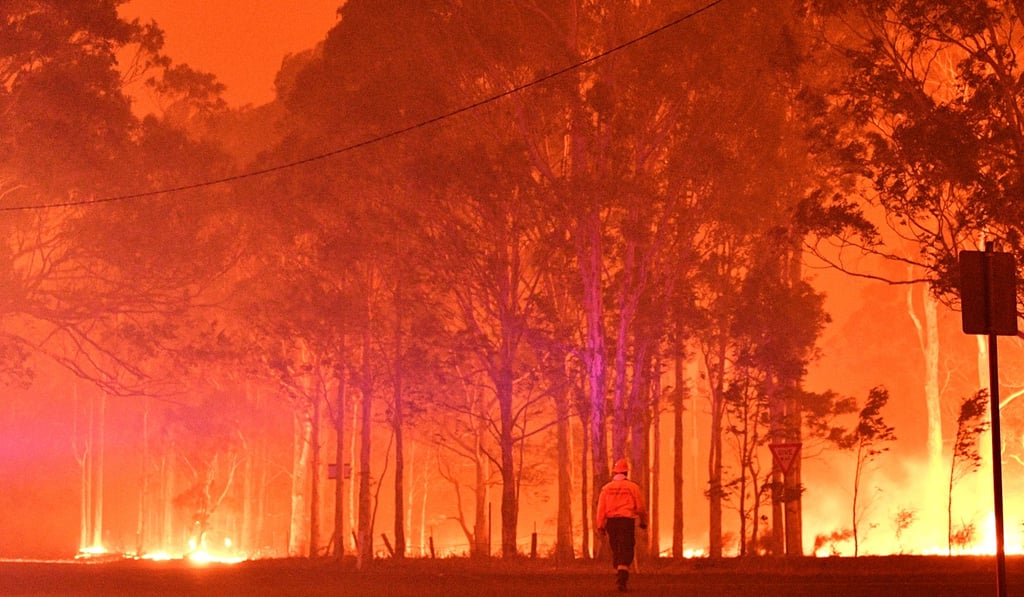Advertisement
Asian Angle | Climate change: why do Western environmental crises get more media attention than Asian ones?
- Australia’s bush fires have dominated global headlines for months, but the forest fires of Borneo and Sumatra affected many more people
- This is because the climate change debate hinges on a Western framework that distorts and oversimplifies the problem
Reading Time:5 minutes
Why you can trust SCMP

Massive fires threaten people’s homes across a vast region. Smoke drastically reduces air quality, even in cities hundreds of miles away, affecting millions. Old growth and unique biodiversity are threatened as wide-ranging flora and fauna lose their habitats to the flames. Carbon dioxide emissions exceed the annual outputs from some large industrial nations.
Advertisement
These sentences could describe the Australian bush fires that dominated global headlines over December and January, but they could also describe an earlier natural crisis: the forest fires that raged on the islands of Borneo and Sumatra from February to September last year. This annual occurrence, sparked by a combination of climate change and man-made interventions in natural systems to create industrial-scale plantations, routinely blankets major cities like Jakarta, Kuala Lumpur and Singapore in choking haze and afflicts hundreds of thousands with severe respiratory issues. Borneo’s rainforests are some of the world’s oldest, thus the fires threaten much of the world’s biological heritage. They even threaten “cute” megafauna: the orangutan.

But despite the significant repercussions, the fires in Southeast Asia did not feature in the media anywhere near as prominently as the fires in Australia despite affecting many more people.
The only reason that makes sense is that environmental crises get consistent mainstream coverage if they affect a Western population, as they did in Australia, or are adopted by Westerners as a cause. The opportunity for Western celebrities to burnish their green credentials attracts even more attention. A secondary motivation is whether the crisis could be used to serve a broader ideological argument of the West: see the strong language against Brazil and its “populist” president’s refusal to combat fires in the Amazon.
Advertisement
Southeast Asia’s fires, which neither affected a Western population nor served a broader political narrative, were thus ignored. Not sexy enough.

Advertisement
